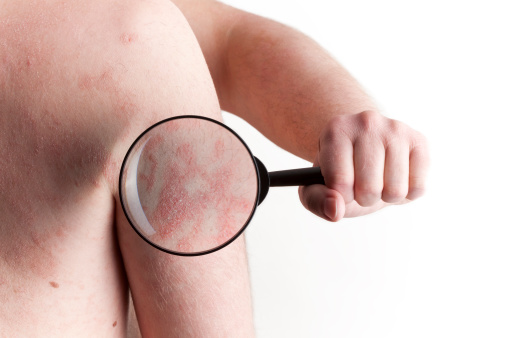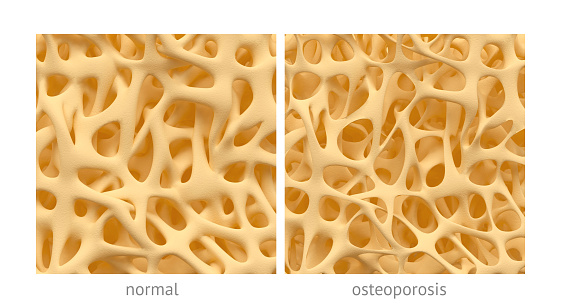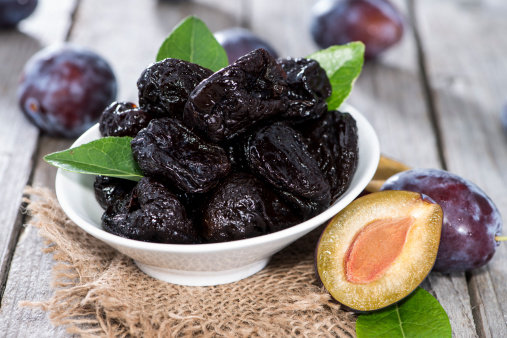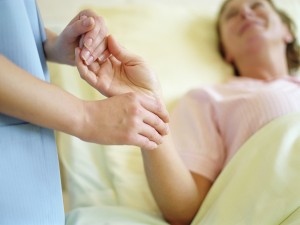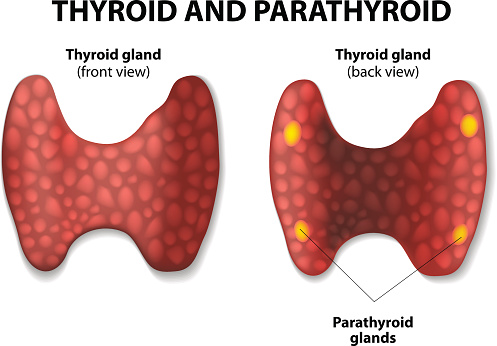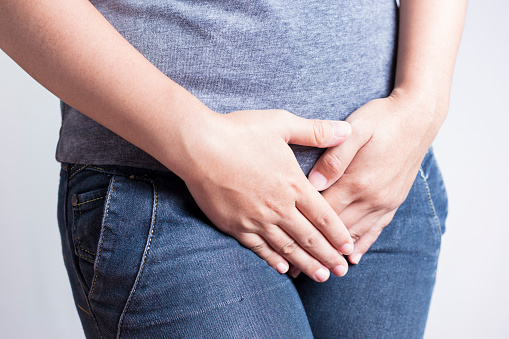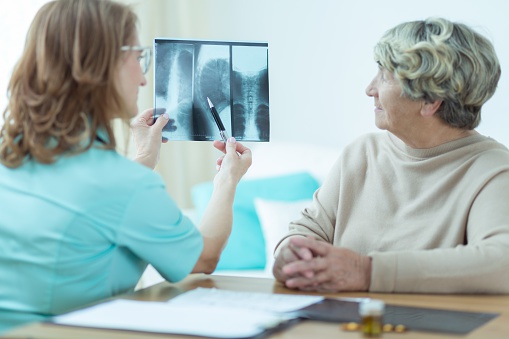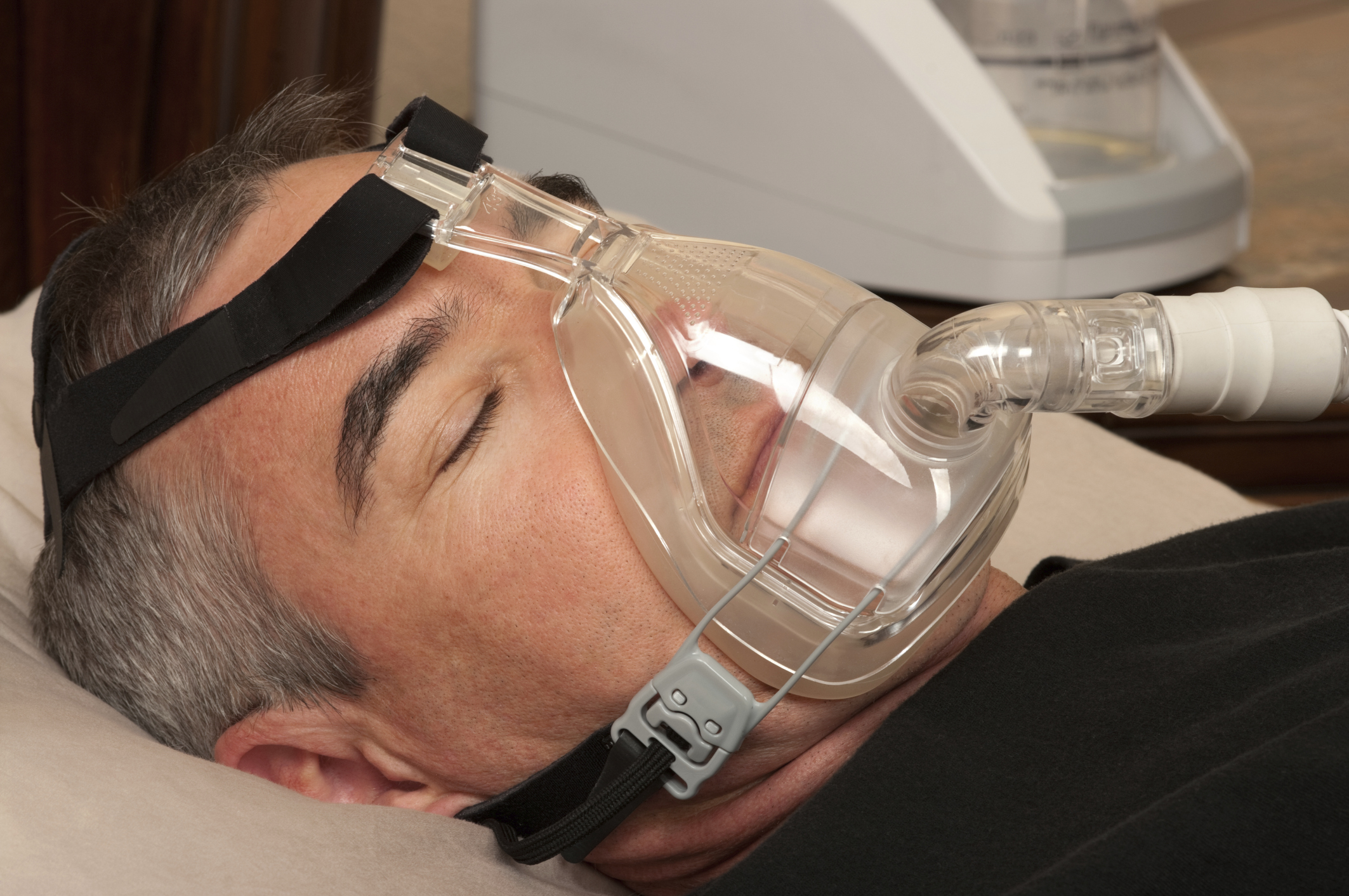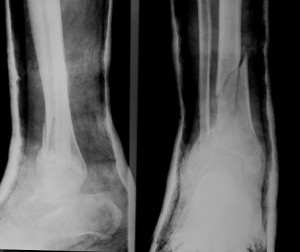Psoriasis and general bone loss linked, may help osteoporosis treatment research: Study
Psoriasis and general bone loss have been found to be linked and studies suggest it may help osteoporosis treatment research. Researchers from the Genes, Development and Disease Group found that psoriasis patients experience higher levels of bone loss as a result of the disease. Their findings, published in Science Translational Medicine, described the molecular communication ...click here to read more

